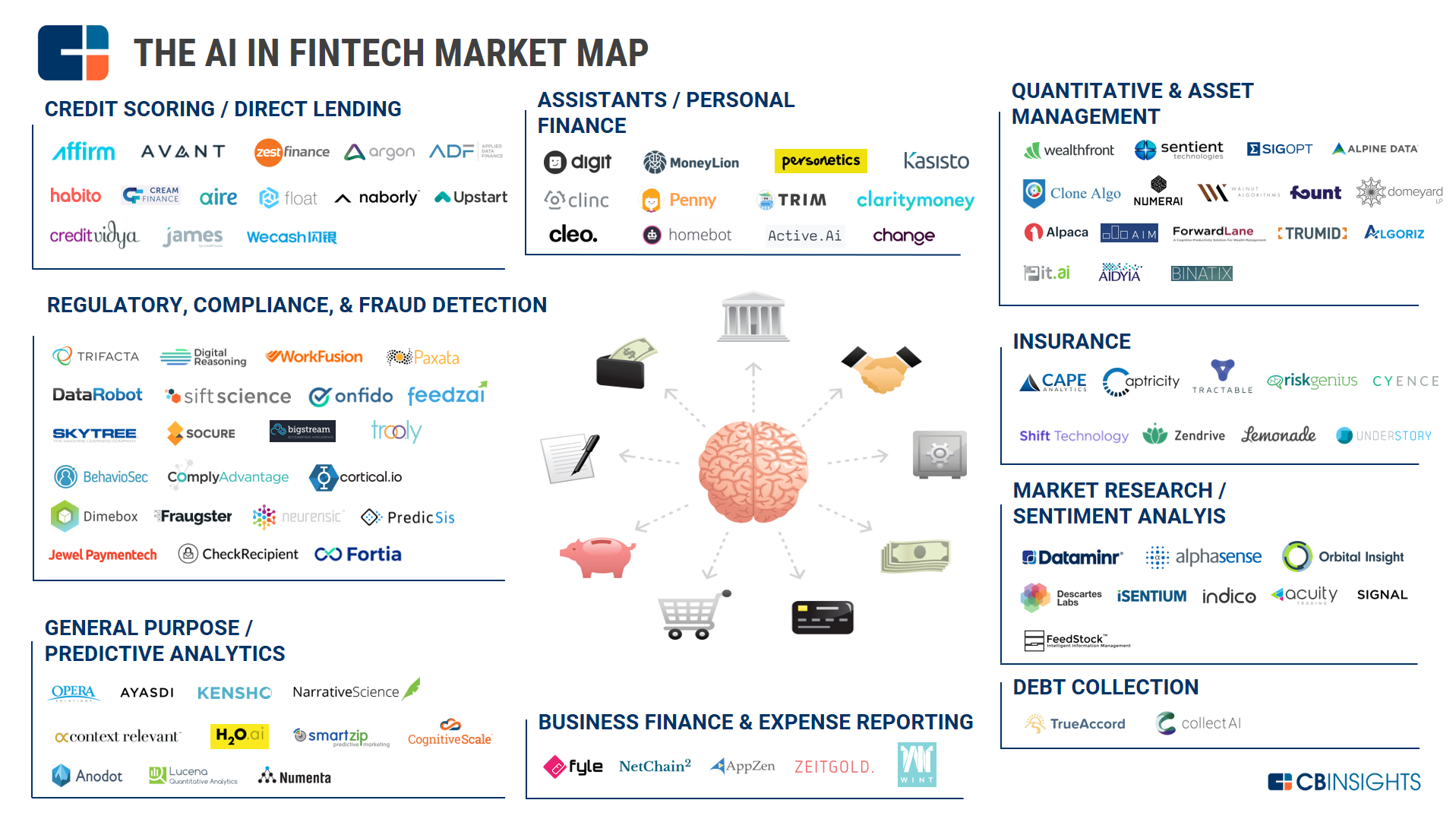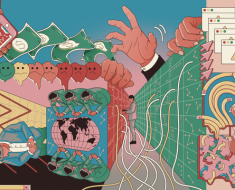
It’s interesting when we look at how AI is developing. First things first, AI is a large bucket of development. It’s not one thing. It’s so many things that are then applied to specific areas (I blogged about this the other day).

So, it’s interesting reading various reports today about how AI is developing in finance and, particularly, AutoGPT. What’s AutoGPT? It’s a goal-based augmentation of ChatGPT.
Duh?
OK, say you want to find the best steak restaurant in New York City. Ask AutoGPT and it will tell you. Ask for the best stock to invest in today. AutoGPT will tell you. Ask for the best crypto. AutoGPT will tell you.
In this article by Chris Nichols, Director of Capital Markets at South State Bank, he articulates it well: “If ChatGPT is an auto-correct feature on anabolic steroids, AutoGPT connects a monkey-sized brain to a bot-driven by those steroids.”
From a bank’s perspective, this gets interesting as Chris has been playing around with the functionality.
“Every bank needs to raise deposits. We gave AutoGPT a list of product descriptions, rates, and performance metrics and then asked it to raise $2mm in deposits using an email campaign. On its own, it figured out how to generate an email, test it and then raise rates if it had to.”
It’s worth reading Chris’s update if you have the time, but the gist of it is that you can now automate outbound marketing, customer service and user experience through intelligent automation, or should that be artificially intelligent automation.
More on this in McKinsey’s latest thoughts: Why agents are the next frontier of generative AI, who state that “We are beginning an evolution from knowledge-based, gen-AI-powered tools—say, chatbots that answer questions and generate content—to gen AI–enabled “agents” that use foundation models to execute complex, multistep workflows across a digital world. In short, the technology is moving from thought to action.”
The funny side of this is how some see it as radical or revolutionary. It’s not. It has been foreseen for years. We were talking about infomediaries – automated agents – thirty years ago. Twenty years ago, I proposed that most customer service could be delivered by an avatar. Ten years ago, banks like Bank of America launched Erica, their virtual financial assistant.
There’s nothing new here. Just an evolution of thinking with technology. The key is that every year the technology gets better, and is moving at a faster and faster pace. There will come a day soon when you will not be able to recognise whether you are talking to a human or a machine and, luckily for you, the machine will give you better service. Surely that’s a good thing?
Postscript: when we get to the day where you cannot recognise whether you are talking to a human or a machine, we pass the Turing test and reach the Singularity.
The Turing test, originally called the imitation game by Alan Turing in 1950, is a test of a machine’s ability to exhibit intelligent behaviour equivalent to, or indistinguishable from, that of a human.
The Singularity is a hypothetical future point in time at which technological growth becomes uncontrollable and irreversible, resulting in unforeseeable consequences for human civilization.



